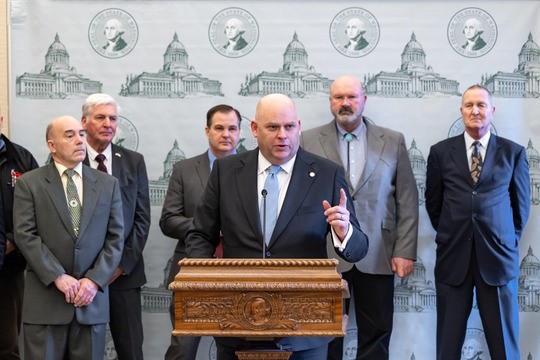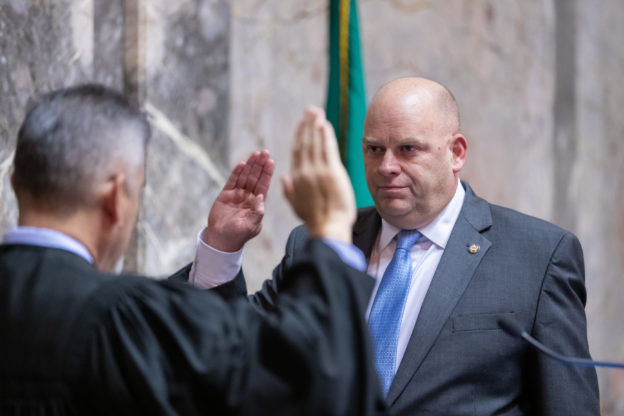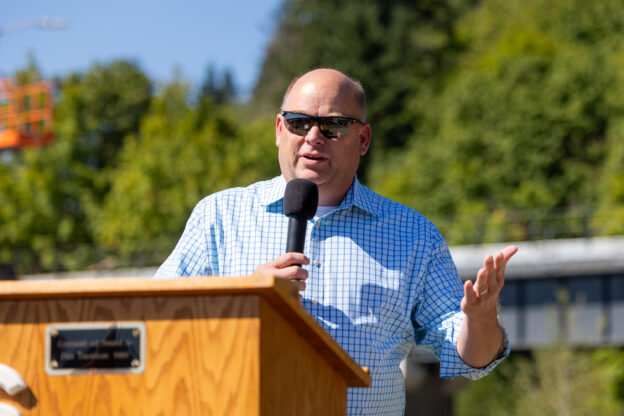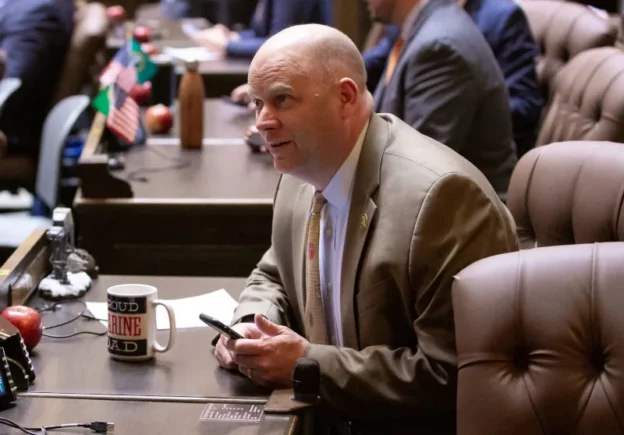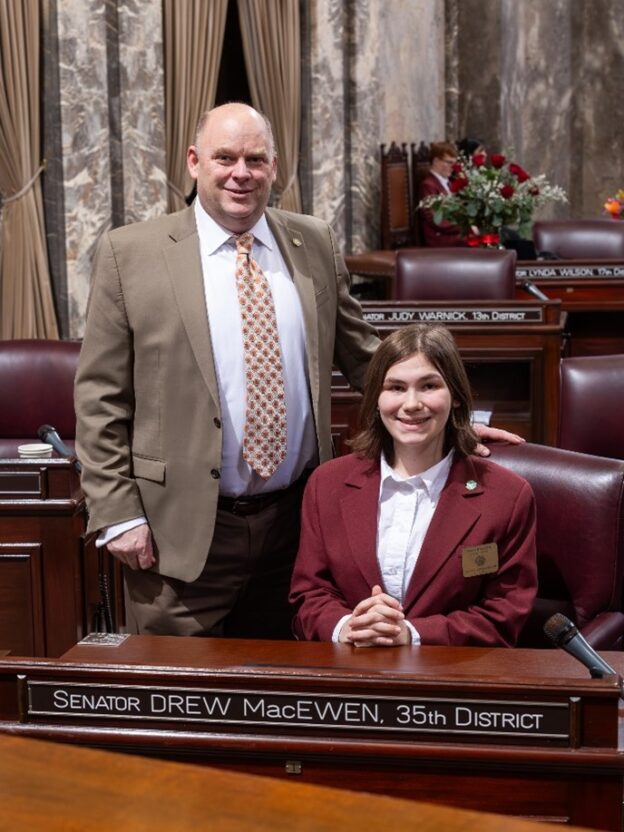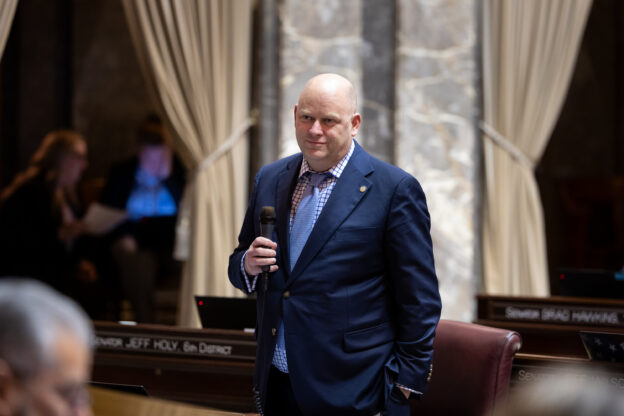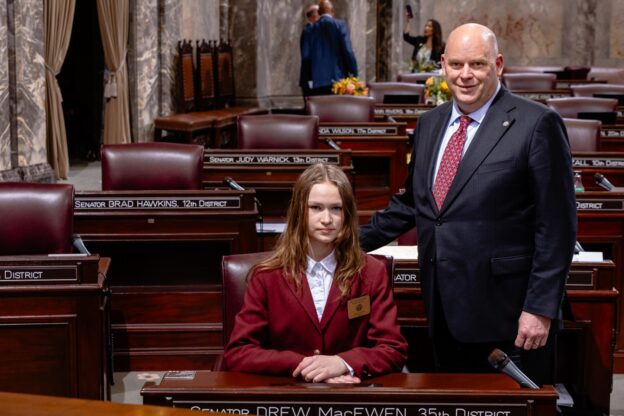Dear friends and neighbors,
The 2024 legislative session has ended in Olympia. We made progress on many fronts, and of course, there were some disappointments.
Highlighting this year’s session were the six initiatives presented to the legislature by the state’s citizens, the most in state history. Each of these initiatives garnered over 400,000 signatures and reflected individuals from all political affiliations. While it was exciting to see citizens’ efforts to make their voices heard, it was disappointing that the legislature only acted on three of the six. In what I believe is a disservice to the public, the three initiatives were only given 1-hour public hearings, limiting public input. Fortunately, the three that were acted on were passed, and they are I-2081, Parental Rights in Public Education; I-2111, Banning Personal Income Taxes, and I-2113 Concerning Vehicular Pursuits by Peace Officers. The three initiatives not acted on by the legislature will appear on the November Ballot: I-2117 Concerning Carbon Tax Trading, I-2124 Concerning Long-term Care Insurance, and I-2109 Concerning Taxes on Long-term Capital Assets.
One of the most significant achievements was defeating Senate Bill 5770, which would have allowed cities and counties, without a vote of the people, to raise property taxes at a factor of 3% annually rather than the current rate of 1%. In a time when everyone is reeling from inflated costs of food, fuel, and energy, this bill was unwanted. The Senate Republicans held a press conference inviting their constituents to come and voice their opposition to this legislation which ultimately led the majority party to scrap the bill altogether. Although this was a significant win for the people, it was ironic to see a bill presented that would make housing more unaffordable during an affordability crisis.
The most significant disappointment, and one that will undoubtedly have significant impacts on future utility and housing affordability, was the passage of House Bill 1589. When presented in the Senate, this bill had to be redrafted in its entirety after it was ruled to be unconstitutional during the floor debate by the lieutenant governor. After an all-night redraft, legislatures were given a mere four hours to review this monumental bill before the debate resumed. After narrowly passing in the Senate, it was moved to the House, where it was passed at around 2 am. Once again, its constitutionality was brought into question, but the majority party ignored this and moved the bill forward. This means that the bill will likely be heading to the courts after it is signed into law by the governor. Key points to this bill that should concern everyone. It was passed with an emergency clause, meaning the people of this state cannot file a referendum on the action; how democratic is that? It also allows a foreign-owned company, Puget Sound Energy (PSE), to pass all related costs on to its consumers during the transition from Natural Gas to Electricity. Should PSE decide to ban natural gas altogether, it is estimated the costs to retrofit existing homes will range from $40K to $74K, once again increasing the cost of housing. In addition, one can expect food and energy prices to grow with this bill. All central food warehouses and grocery stores are heated and cooled with natural gas; retrofits will be in the tens of millions. Lastly, the capacity to produce electricity with alternative sources such as hydro, wind, and solar is currently limited and removing the natural gas option will create demand issues. Ultimately, this policy will force everyone’s utility rates to skyrocket.
This year was like the previous ten, with large budget surpluses and a legislature that wanted to raise taxes again. Although this year was like many others, something proved to be very different: public sentiment and pushback against the ever-growing desire to tax and spend. There were six initiatives by the people, and the first session in my twelve years was when this legislative body did not pass a new tax. I would say this is a win for the people and, hopefully, an indication of what will come.
Sincerely,
Drew MacEwen











